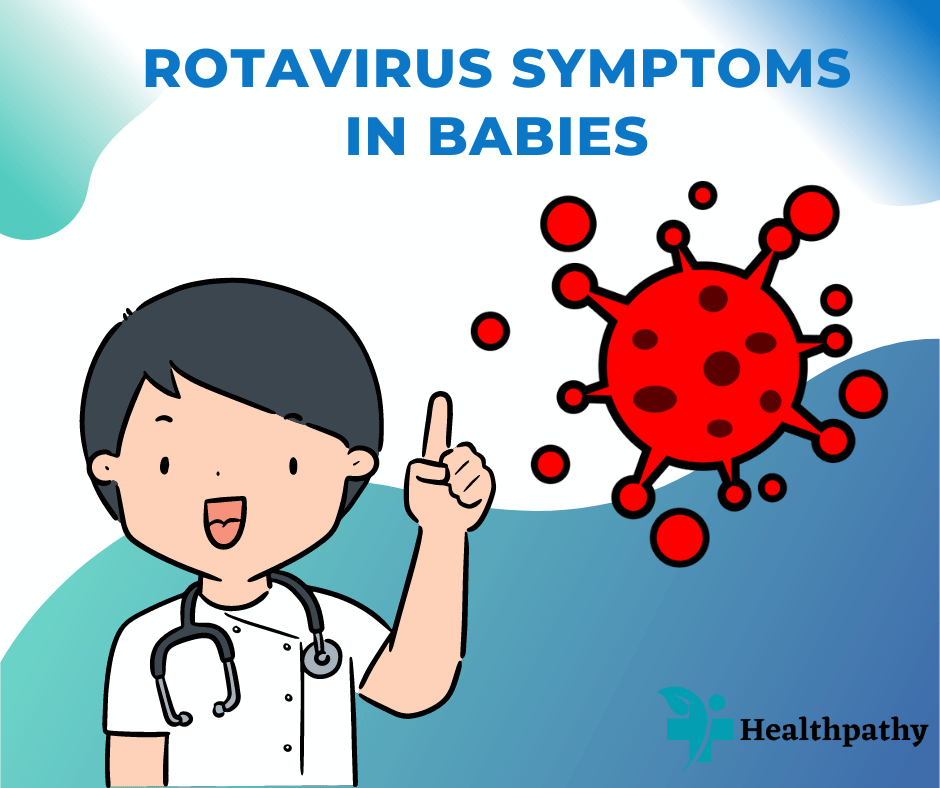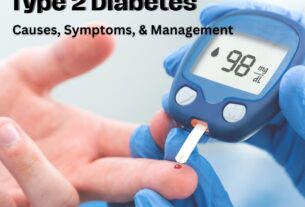Rotavirus Symptoms in Babies
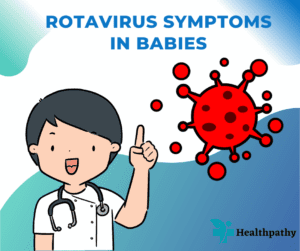
It is a highly contagious virus that primarily affects infants and young children, causing gastroenteritis, which is inflammation of the stomach and intestines. It is a significant cause of severe diarrhea and dehydration in children worldwide. In this article, we will discuss the symptoms of rotavirus in babies, its transmission, and the importance of prompt medical attention and prevention measures.
Symptoms of Rotavirus in Babies:
Diarrhea:
One of the hallmark symptoms of rotavirus infection in babies is severe diarrhea. The diarrhea is often watery and may occur frequently throughout the day. It can lead to dehydration, so it’s essential to monitor the child’s fluid intake and output.
Vomiting:
Along with diarrhea, vomiting is common in babies with rotavirus infection. The combination of vomiting and diarrhea can quickly lead to dehydration, especially if the child is unable to keep fluids down.
Fever:
Many babies with rotavirus infection may develop a fever, typically ranging from low-grade to moderate. The fever is the body’s response to the viral infection and is often seen along with other symptoms.
Abdominal Pain:
Babies with rotavirus infection may experience abdominal pain and discomfort. They may show signs of irritability or discomfort, and they may cry or cling to their caregivers due to the pain.
Dehydration:
Dehydration is a significant concern with rotavirus infection. The combination of diarrhea and vomiting can lead to the loss of essential fluids and electrolytes. Signs of dehydration in babies include dry mouth, decreased urine output, lethargy, sunken eyes, and excessive fussiness.
Loss of Appetite:
Babies with rotavirus may lose their appetite due to nausea and stomach discomfort. They may refuse to eat or drink, exacerbating the risk of dehydration.
Irritability and Fatigue:
Rotavirus infection can make babies feel tired and irritable due to the illness’s discomfort and its impact on their body’s energy levels.
Transmission:
Rotavirus is highly contagious and spreads through the fecal-oral route. The virus is present in the stool of an infected person, even before symptoms appear, and can be easily transmitted to others through close contact or by touching contaminated surfaces or objects. Babies and young children are particularly vulnerable to infection due to their exploratory behavior, tendency to put objects in their mouths, and relatively immature immune systems.
Importance of Prompt Medical Attention:
If you suspect that your baby has a rotavirus infection, it is essential to seek prompt medical attention, especially if they show signs of dehydration. Dehydration can be dangerous, particularly in young children, and may require medical intervention, such as intravenous fluids, to restore proper hydration levels. If your child has severe diarrhea, persistent vomiting, high fever, or signs of dehydration, contact a healthcare professional immediately.
Prevention:
Preventing rotavirus infection is crucial, especially since the virus can spread rapidly among children. Here are some preventive measures:
Vaccination:
Vaccination against rotavirus is an effective way to prevent severe infections. Most countries include rotavirus vaccines in their routine childhood immunization schedules.
Handwashing:
Frequent handwashing with soap and water is essential for both toddlers and caregivers to reduce the risk of infection. Pay special attention to handwashing after using the restroom, before preparing or eating food, and after changing diapers.
Hygiene:
Ensure that surfaces and objects commonly touched by toddlers, such as toys and doorknobs, are regularly cleaned and disinfected.
Isolation:
If your toddler has rotavirus, try to keep them away from other children to prevent the virus from spreading to others.
Conclusion:
Rotavirus infection in babies is characterized by symptoms such as severe diarrhea, vomiting, fever, abdominal pain, dehydration, and loss of appetite. Prompt medical attention is crucial, especially if signs of dehydration are present. Preventive measures, including vaccination, handwashing, and proper hygiene practices, can help reduce the risk of rotavirus infection and its severe complications in babies. Always consult a healthcare professional if you have concerns about your child’s health or suspect a rotavirus infection.
More to Read:
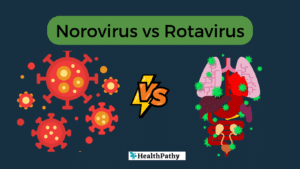
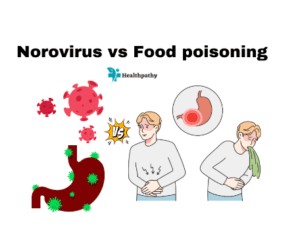
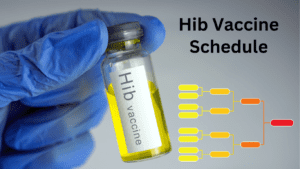
Follow us:


